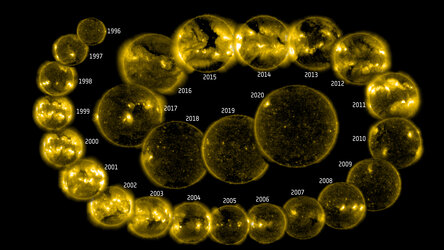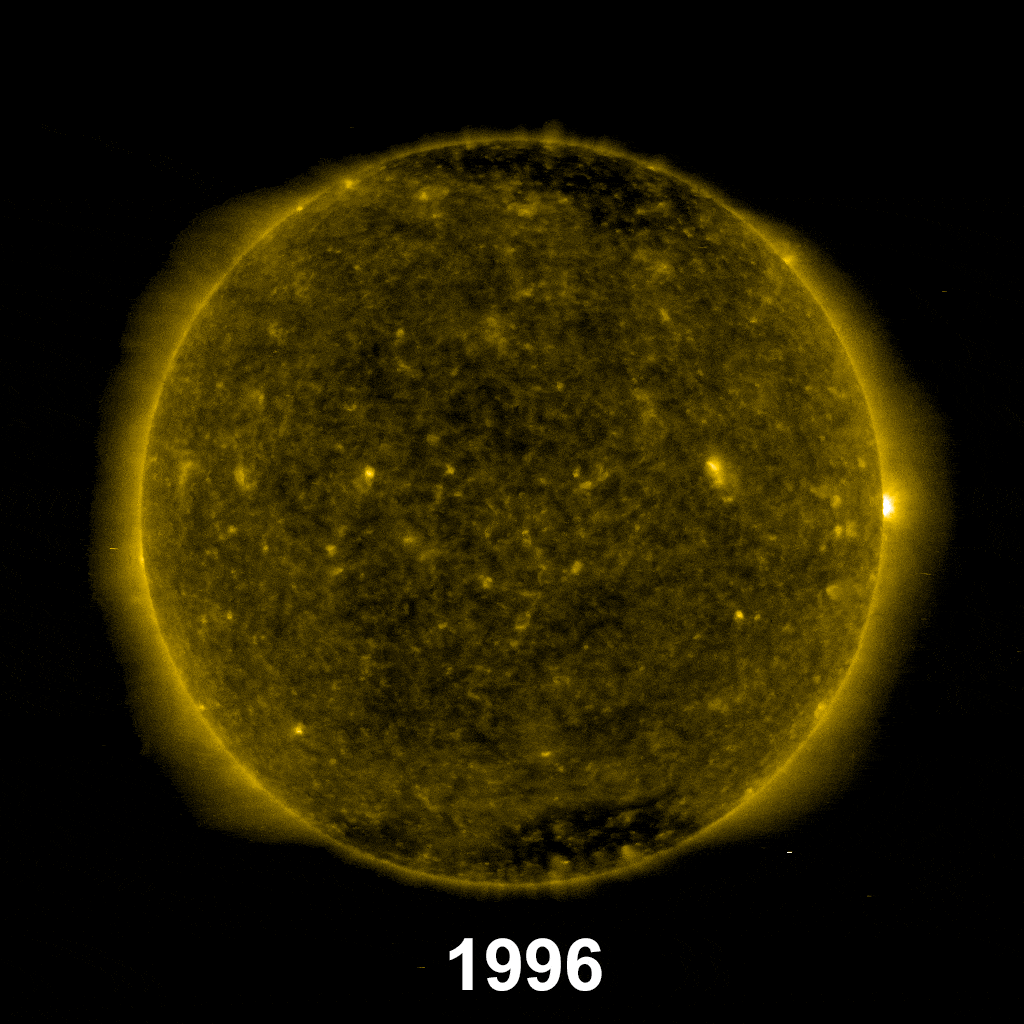Accept all cookies Accept only essential cookies See our Cookie Notice

About ESA
The European Space Agency (ESA) is Europe’s gateway to space. Its mission is to shape the development of Europe’s space capability and ensure that investment in space continues to deliver benefits to the citizens of Europe and the world.
Highlights
ESA - United space in Europe
This is ESA ESA facts Member States & Cooperating States Funding Director General Top management For Member State Delegations European vision European Space Policy ESA & EU Space Councils Responsibility & Sustainability Annual Report Calendar of meetings Corporate newsEstablishments & sites
ESA Headquarters ESA ESTEC ESA ESOC ESA ESRIN ESA EAC ESA ESAC Europe's Spaceport ESA ESEC ESA ECSAT Brussels Office Washington OfficeWorking with ESA
Business with ESA ESA Commercialisation Gateway Law at ESA Careers Cyber resilience at ESA IT at ESA Newsroom Partnerships Merchandising Licence Education Open Space Innovation Platform Integrity and Reporting Administrative Tribunal Health and SafetyMore about ESA
History ESA Historical Archives Exhibitions Publications Art & Culture ESA Merchandise Kids Diversity ESA Brand Centre ESA ChampionsLatest
Space in Member States
Find out more about space activities in our 23 Member States, and understand how ESA works together with their national agencies, institutions and organisations.
Science & Exploration
Exploring our Solar System and unlocking the secrets of the Universe
Go to topicAstronauts
Missions
Juice Euclid Webb Solar Orbiter BepiColombo Gaia ExoMars Cheops Exoplanet missions More missionsActivities
International Space Station Orion service module Gateway Concordia Caves & Pangaea BenefitsLatest
Space Safety
Protecting life and infrastructure on Earth and in orbit
Go to topicAsteroids
Asteroids and Planetary Defence Asteroid danger explained Flyeye telescope: asteroid detection Hera mission: asteroid deflection Near-Earth Object Coordination CentreSpace junk
About space debris Space debris by the numbers Space Environment Report In space refuelling, refurbishing and removingSafety from space
Clean Space ecodesign Zero Debris Technologies Space for Earth Supporting Sustainable DevelopmentLatest
Applications
Using space to benefit citizens and meet future challenges on Earth
Go to topicObserving the Earth
Observing the Earth Future EO Copernicus Meteorology Space for our climate Satellite missionsCommercialisation
ESA Commercialisation Gateway Open Space Innovation Platform Business Incubation ESA Space SolutionsEnabling & Support
Making space accessible and developing the technologies for the future
Go to topicBuilding missions
Space Engineering and Technology Test centre Laboratories Concurrent Design Facility Preparing for the future Shaping the Future Discovery and Preparation Advanced Concepts TeamSpace transportation
Space Transportation Ariane Vega Space Rider Future space transportation Boost! Europe's Spaceport Launches from Europe's Spaceport from 2012Latest

20 SOHO views of the Sun
Thank you for liking
You have already liked this page, you can only like it once!
The Solar and Heliospheric Observatory (SOHO) has been watching the Sun for almost 20 years. In that time it has seen solar activity ramp up and die down repeatedly. Its Extreme ultraviolet Imaging Telescope has taken images of the resulting waxing and waning of the Sun’s corona – its atmosphere – that are impossible to record from the ground.
Our atmosphere blocks more than 75% of ultraviolet radiation from reaching Earth’s surface, and extreme ultraviolet is entirely absorbed. To see it, spacecraft such as SOHO must be used.
The individual images in this composition show gas with a temperature of about 2 million degrees celsius in the Sun’s atmosphere. This atmosphere, known as the corona after the Latin word for crown, extends millions of kilometres from the Sun.
The corona carries away the particles of the solar wind. If accelerated streams of particles reach Earth and strike our atmosphere, they can spark colourful displays of the aurora.
In this composition, brighter images show times when there was more activity on the Sun. This activity is driven by the Sun’s magnetic field and follows a cycle of about 11 years. The brightest images occur around the time of solar maximum. At these times, the magnetic field of the Sun is highly dynamic, changing its configuration and releasing energy, partly in the form of ultraviolet radiation into space.
The high temperature of the corona is a puzzle to solar physicists since the bright ‘surface’ of the Sun is only about 5700ºC and therefore is incapable of directly heating the corona to over a million degrees. Although scientists think that magnetic activity may be responsible, the exact mechanism is still under investigation.
Each of the images shown here was taken in the springtime. The most recent SOHO images can be accessed here.
-
CREDIT
SOHO (ESA&NASA) -
LICENCE
ESA Standard Licence

SOHO: 25 years of solar imaging

SOHO: 25 years of solar imaging

22 years of SOHO

SOHO’s equinox Sun















 Germany
Germany
 Austria
Austria
 Belgium
Belgium
 Denmark
Denmark
 Spain
Spain
 Estonia
Estonia
 Finland
Finland
 France
France
 Greece
Greece
 Hungary
Hungary
 Ireland
Ireland
 Italy
Italy
 Luxembourg
Luxembourg
 Norway
Norway
 The Netherlands
The Netherlands
 Poland
Poland
 Portugal
Portugal
 Czechia
Czechia
 Romania
Romania
 United Kingdom
United Kingdom
 Slovenia
Slovenia
 Sweden
Sweden
 Switzerland
Switzerland
























